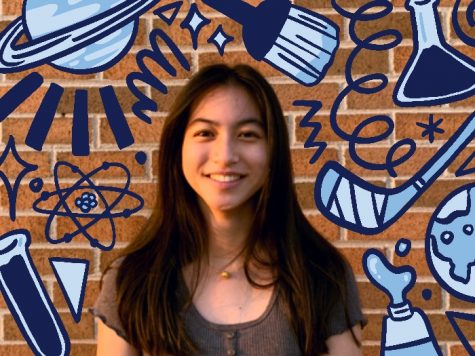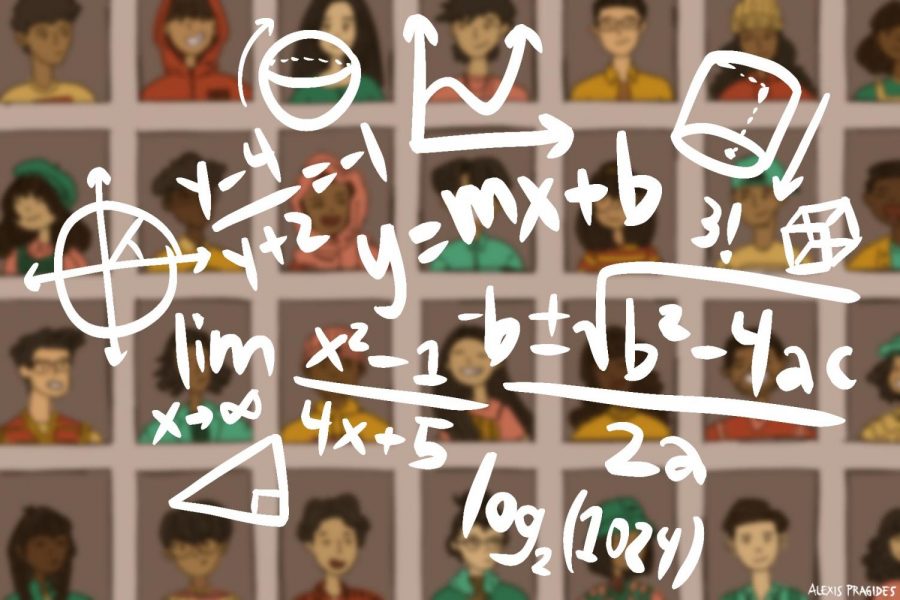“A” is for average: The model minority myth destroys Asian childhoods
The model minority myth leaves Asian-American children with the impression that nothing they accomplish is worth celebrating.
Deeply embedded into American society is the idea that Asian-Americans are the model minority, an expectation held to a minority to achieve high levels of success and respect in society: Asian children are all whiz kids or prodigies, Asian mothers discipline and force children to be the best and Asian fathers work respectable STEM jobs. The expectation that precipitates from this is that Asian-Americans must fit the mold of being meek, submissive, polite and law-abiding citizens.
The issue with this viewpoint on the Asian-American minority is that its conception lies in racism and lends a hand in a destructive standard to which society holds Asian people, particularly in childhood. As Asian children enter into the school system, they are held to an invisible benchmark — they are expected to quickly ascend to the top of their classes and act as both a moral and academic example for their peers.
The question may be asked of why this is such a big deal. Why wouldn’t it be good that people hold Asian people to a higher standard — doesn’t this mean that they’re viewed in a better light? This query can be answered in a simple phrase: “Oh, but you’re Asian — you’re supposed to be smart,” or “you’re smart because you’re Asian.”
Without any unfair advantages, Asian children, time and time again, have their accomplishments depreciated solely because of their race or ethnicity. Facing the same academic challenges as white children, Asian children are pressured to the top only to have their achievements lackadaisically dismissed.
Children need praise and encouragement to thrive, prosper and motivate themselves, but the model minority myth halts this. The popular internet phrase in the 2010s “there will always be an Asian that’s better than you” perfectly encapsulates the dismissal of Asian accomplishment.
For Asian children that cannot rise to the top as American society expects of them, many are made to believe that there is something wrong with them. There is a skewed idea that Asian children that are simply average or fall behind academically are lacking in ability or effort as they’re compared against the Asian expectation. As these children grow up, unable to fit the mold, they grow to feel inadequate and left to question why they aren’t a “smart Asian” or “one of the good ones.”
Experiencing either of the circumstances in upbringing often lends a hand in mental health and self-esteem issues as Asian-Americans grow into teenagers and adults. The impossible standard to which Asian-Americans are held and the casual racism that many Asian children experience is one of American society’s greatest oxymorons.
Pulling on the corners of eyes to mimic the stereotypical “Asian eyes” and expecting Asian people to be the very best have both been normalized in society. So does America love or hate Asian people?
This should not be a question that Asian children should grow up wondering. The “model minority” is a lie. Only once America recognizes their subconscious racist bias can we free Asian-American children from these shackles.


